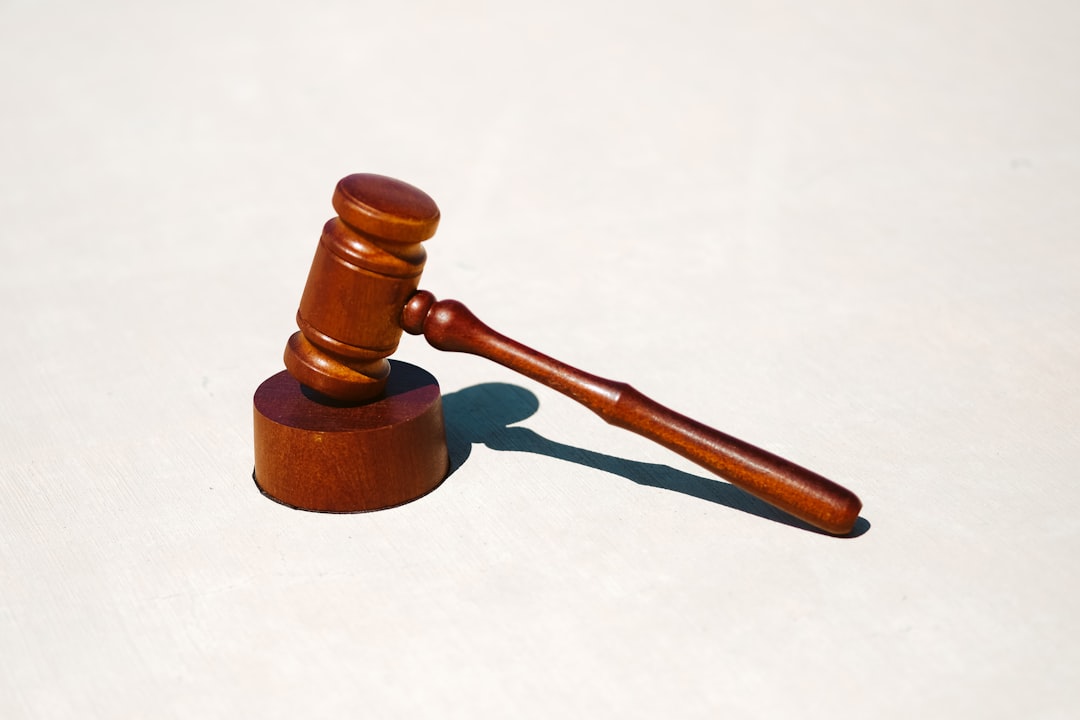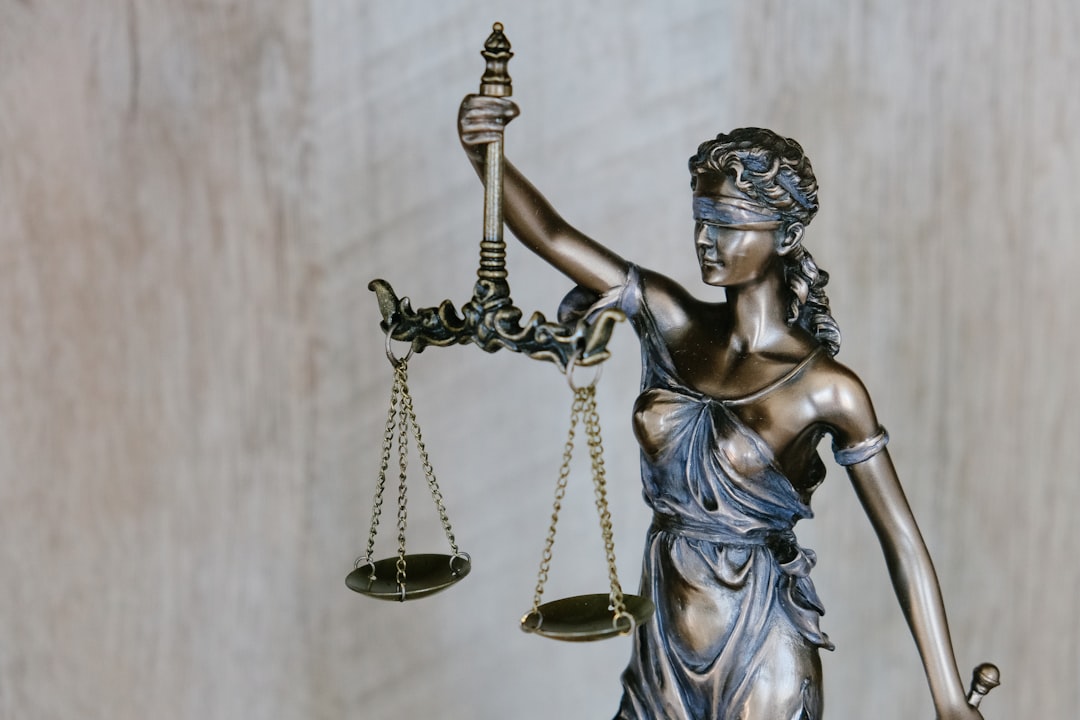In criminal law, hearsay evidence—statements made outside of court—is typically inadmissible without cross-examination. However, in Hudson County, New Jersey, strict rules regarding hearsay exceptions in sexual assault trials protect victims' rights and ensure fair justice. A specialized rape law firm in Jersey City, NJ, must master these exceptions to admit critical evidence like statements to medical professionals post-incident, balancing reliability and fairness. This strategic approach strengthens cases, secures justice for victims, and supports their quest for reliable legal representation from rape law firms in the area.
In Hudson County, sexual assault trials often hinge on complex evidentiary rules, particularly regarding hearsay. This article guides readers through the intricate world of hearsay exceptions, focusing on their relevance in local courtrooms. We begin by demystifying hearsay as a cornerstone of criminal law, then delve into the general rule excluding such evidence in sexual assault cases. Subsequently, we explore specific exceptions frequently applied in Hudson County trials. For rape law firms in Jersey City, NJ, understanding these nuances is paramount to securing just outcomes for clients.
What Is Hearsay? A Key Concept in Criminal Law

In criminal law, hearsay is a critical concept that refers to testimony or statements made outside of court that are offered for their truth within a trial. These out-of-court statements are generally considered inadmissible because they lack direct cross-examination by the opposing side. However, there are exceptions to this rule, especially in sensitive cases like sexual assault trials in Hudson County. A rape law firm in Jersey City NJ, for instance, would need to understand these nuances to effectively represent their clients.
Hearsay exceptions exist to ensure that relevant and crucial evidence is admitted, even if it cannot meet the traditional requirements of direct testimony. In sexual assault cases, this might include statements made by victims to doctors, therapists, or law enforcement officers immediately following the incident. These exceptions are carefully crafted to balance the need for reliable evidence and the right to a fair trial, which makes understanding them crucial in navigating the complexities of Hudson County sexual assault trials.
The General Rule: Excluding Hearsay in Sexual Assault Trials

In Hudson County, sexual assault trials adhere to the general rule that hearsay evidence is inadmissible. Hearsay refers to statements made out of court by a witness who is not present in court to testify, and it is typically excluded to prevent unfair prejudice or unreliable information from influencing the jury’s decision. This principle is deeply ingrained in rape law as it seeks to ensure fairness and protect the rights of both victims and accused individuals.
The rationale behind this rule is clear: hearsay statements often lack the guarantees for trustworthiness that live, in-court testimony provides. A rape law firm in Jersey City NJ, specializing in these complex cases, understands the importance of this rule in maintaining a robust legal process. By adhering to it, the court ensures that verdicts are based on reliable evidence and the truthfulness of witnesses who can be cross-examined directly.
Exceptions to the Hearsay Rule in Hudson County Courts

In Hudson County courts, dealing with sexual assault cases often involves navigating complex evidentiary rules, particularly regarding hearsay exceptions. Hearsay is generally inadmissible as evidence under the common law rule, but there are several well-defined exceptions that can significantly impact the outcome of a rape trial. For instance, statements made by a victim to a physician or medical professional during treatment for injuries related to the assault may qualify as an exception due to their relevance and reliability. Similarly, spontaneous declarations made by the victim immediately after the incident can be powerful pieces of evidence, shedding light on the circumstances and impact of the sexual assault.
A rape law firm in Jersey City, NJ, well-versed in these exceptions can help ensure that relevant evidence is properly admitted while adhering to legal guidelines. Understanding when hearsay rules apply—or don’t—is crucial for building a compelling case, especially in cases where direct testimony might be limited. This strategic approach can make all the difference in securing justice for victims and delivering fair outcomes in Hudson County sexual assault trials.
Navigating Hearsay Challenges: Strategies for Rape Law Firms in Jersey City NJ

Navigating Hearsay Challenges requires a strategic approach for rape law firms in Jersey City, NJ. In sexual assault trials, the rules around hearsay evidence can be complex and often present significant hurdles for prosecutors. The rules restrict the admission of out-of-court statements made by witnesses, particularly those describing a victim’s alleged ordeal, due to concerns about reliability and fairness. However, several exceptions exist, offering hope for rape law firms seeking to introduce crucial evidence.
Rape law firms in Jersey City, NJ must be adept at recognizing these hearsay exceptions and utilizing them effectively. For instance, statements made for medical diagnosis or treatment, recorded conversations, and prior consistent statements are generally admissible. Understanding these exceptions is key to building a strong case and ensuring that victims’ voices are heard.






